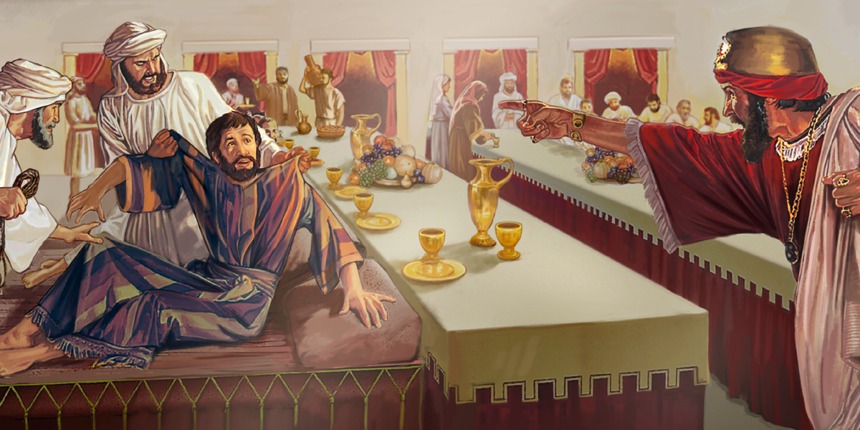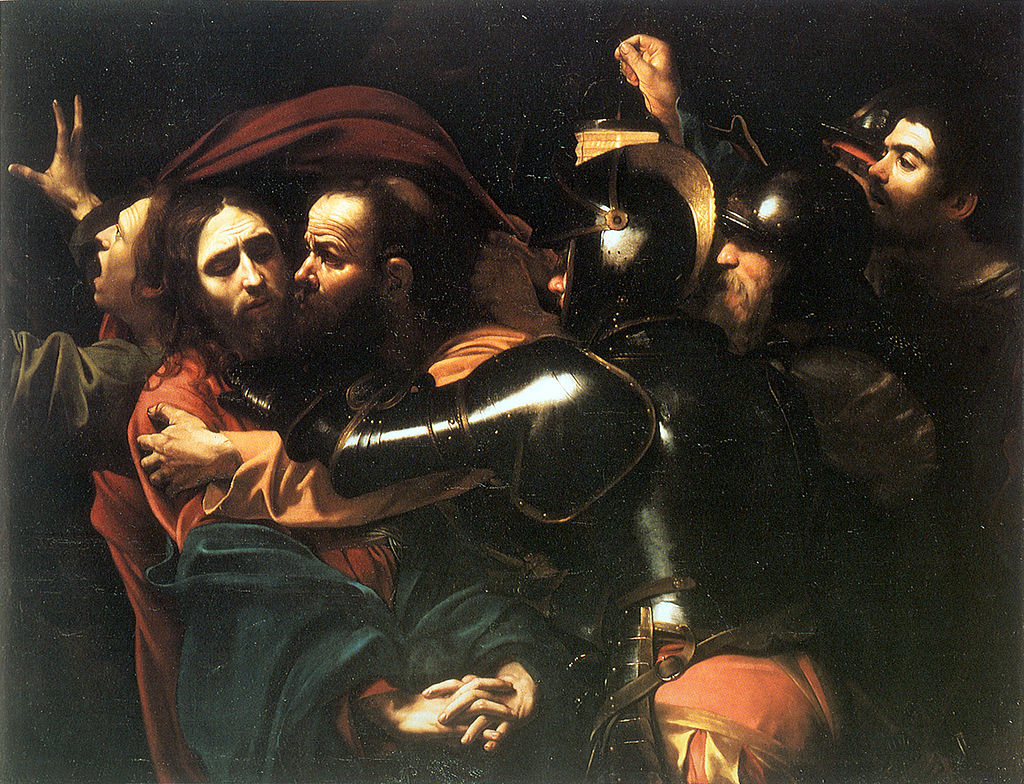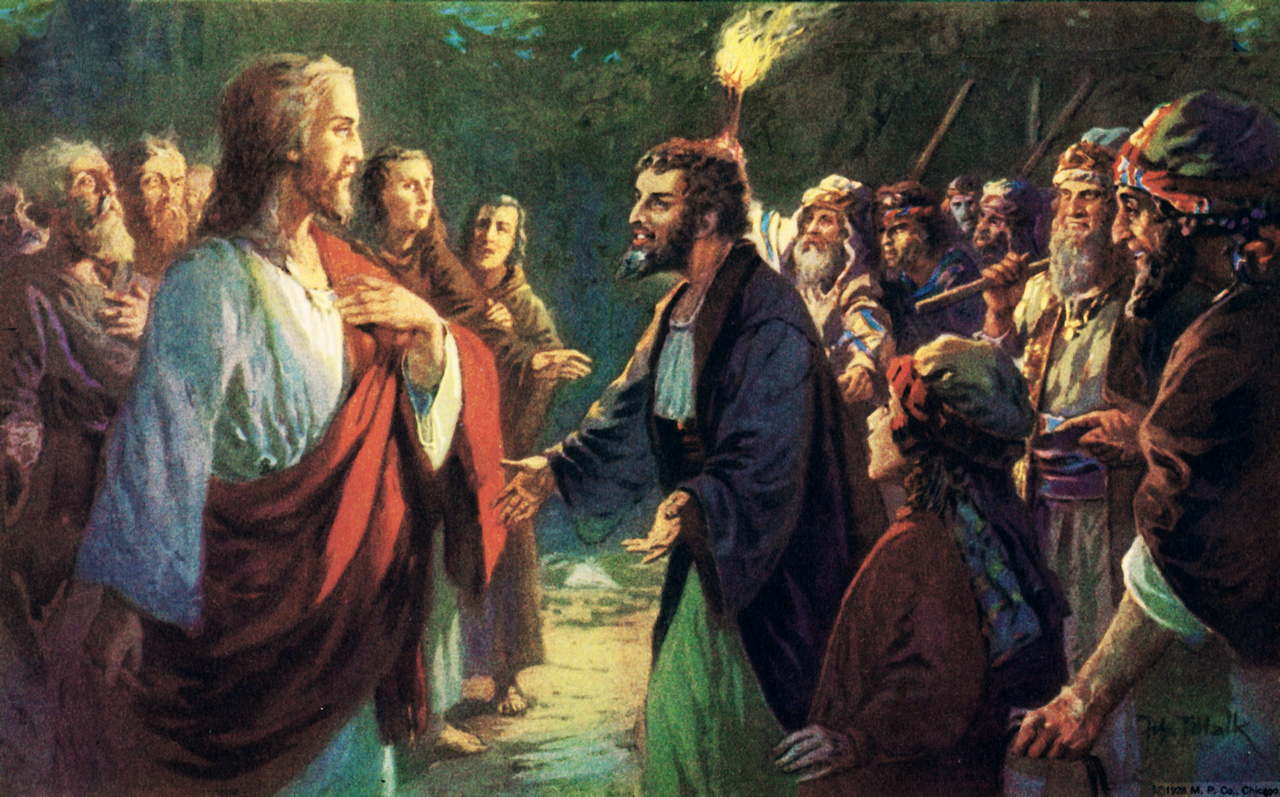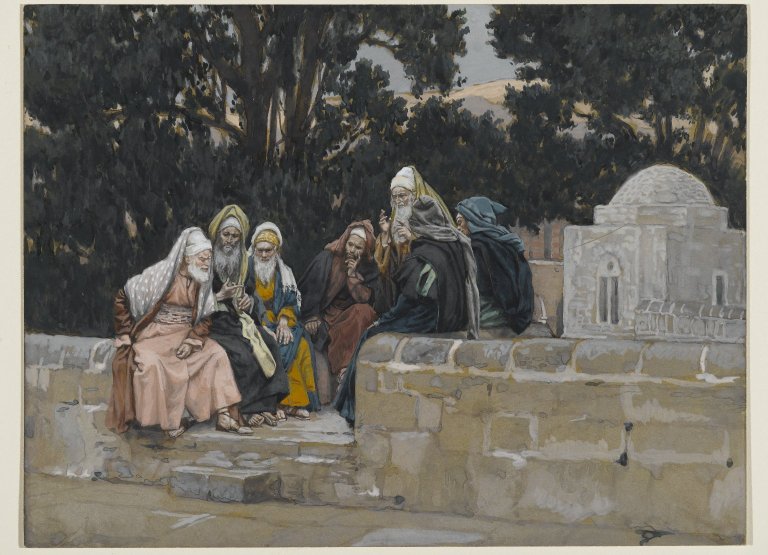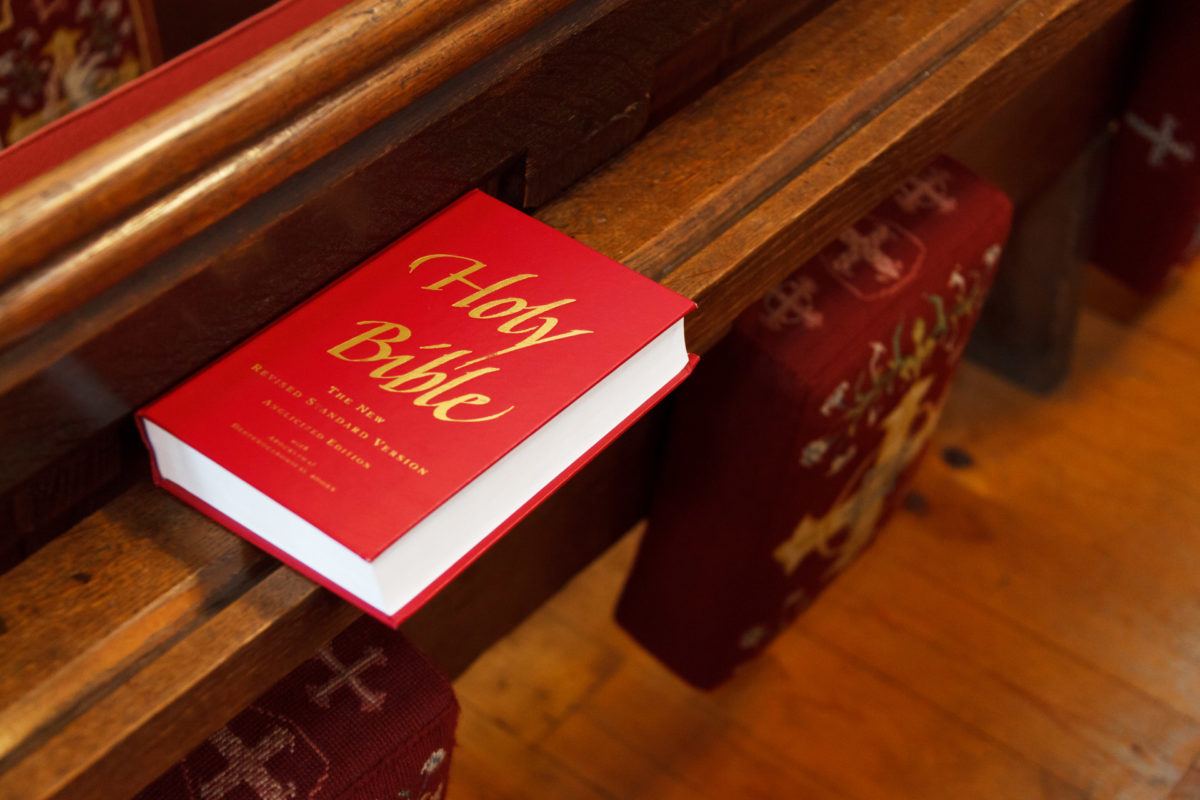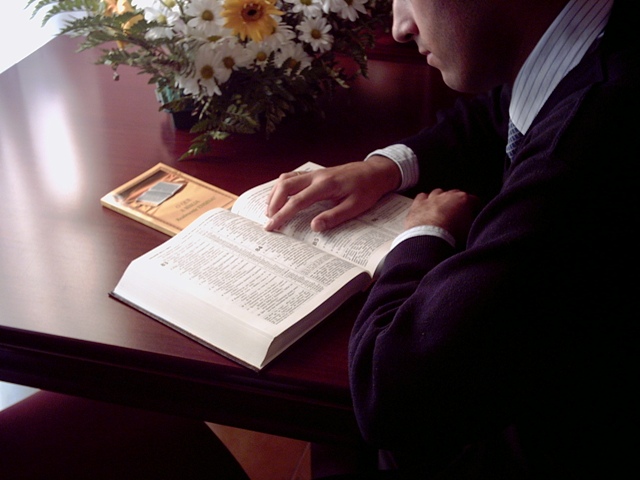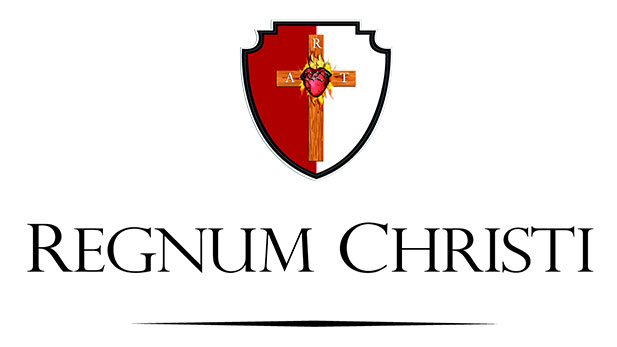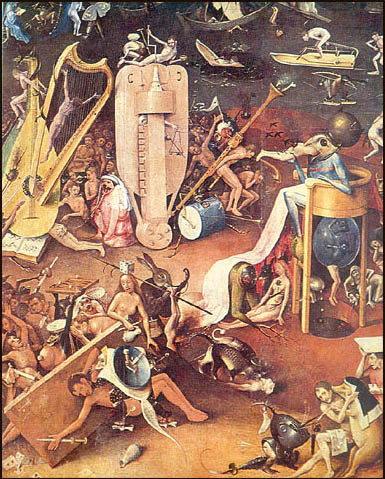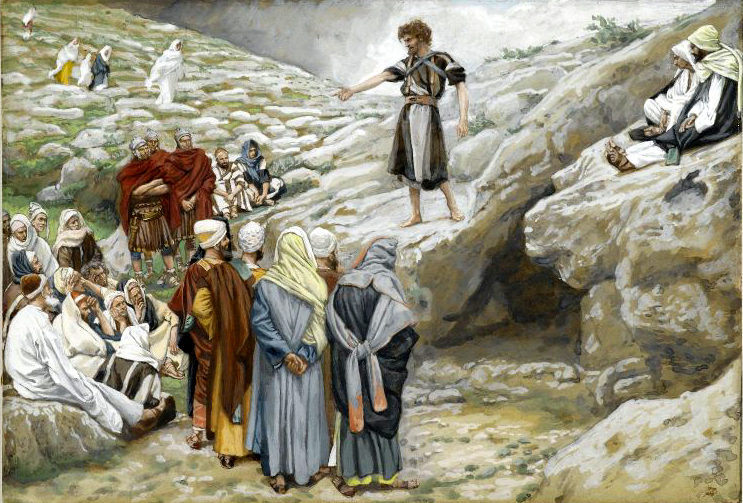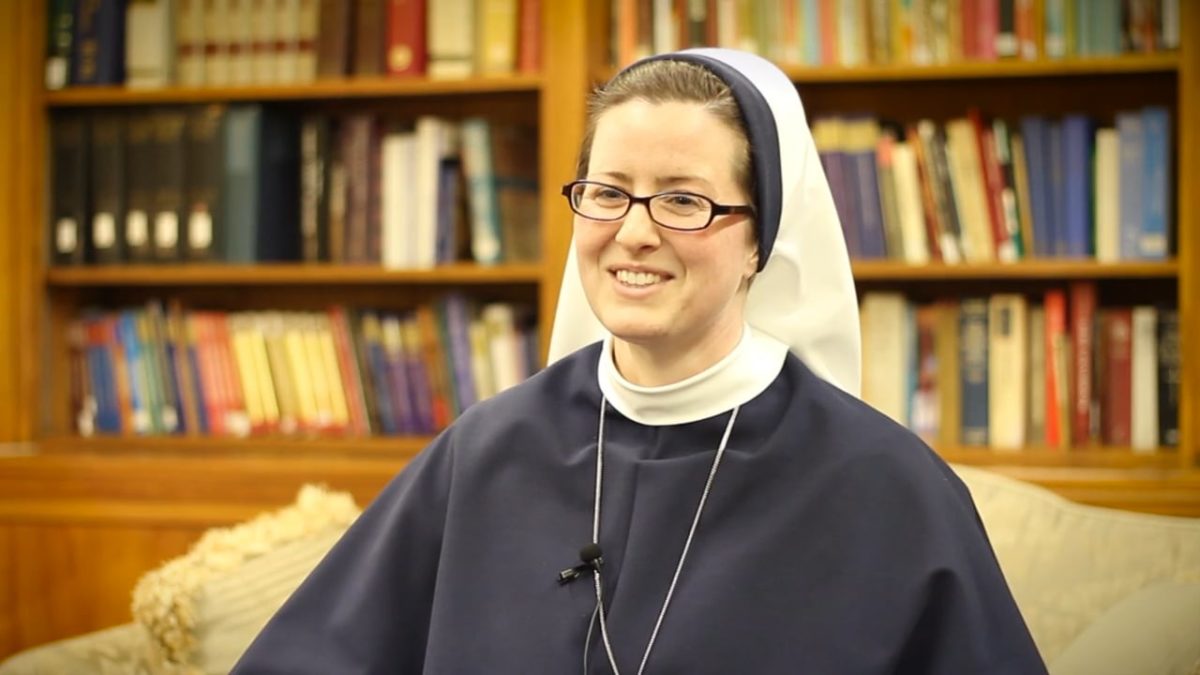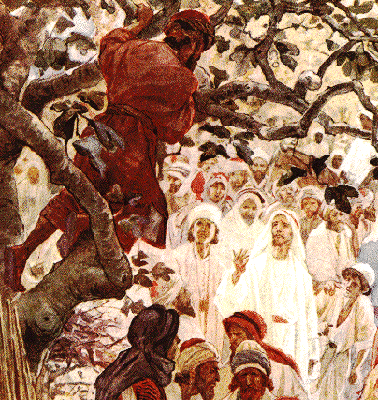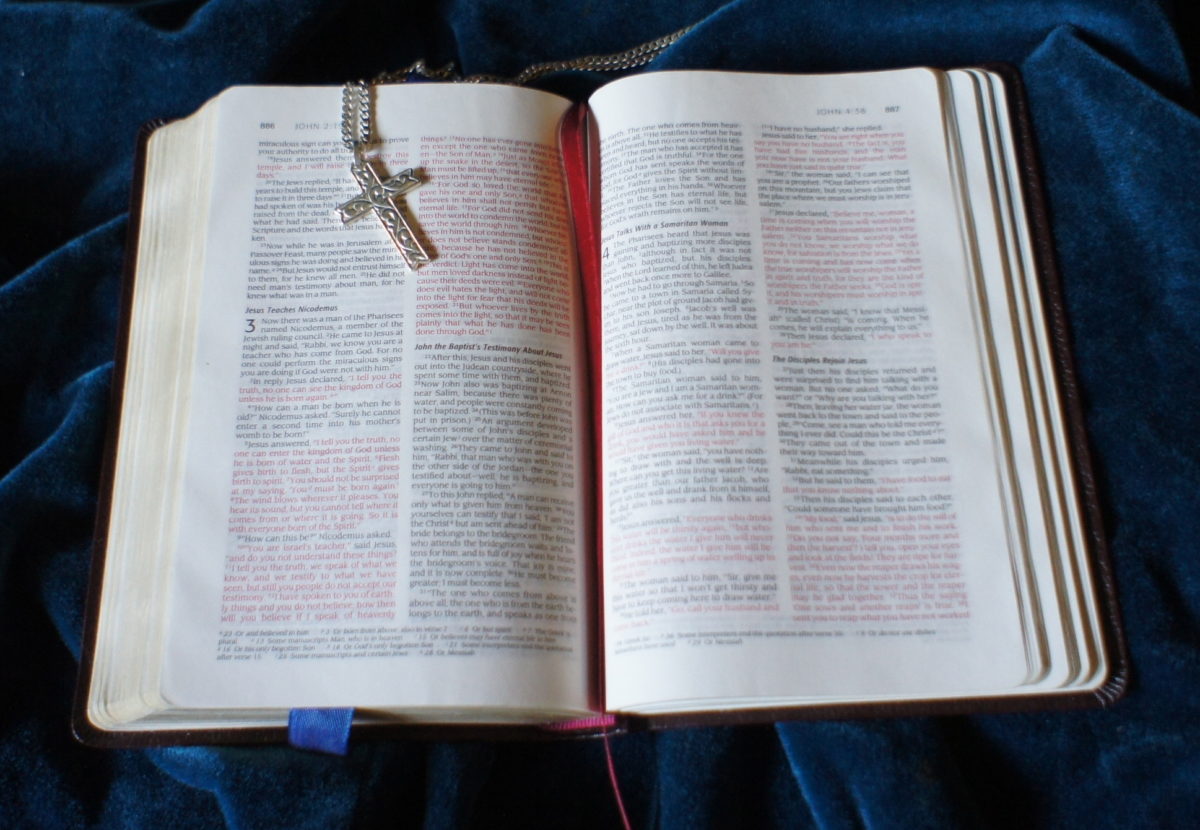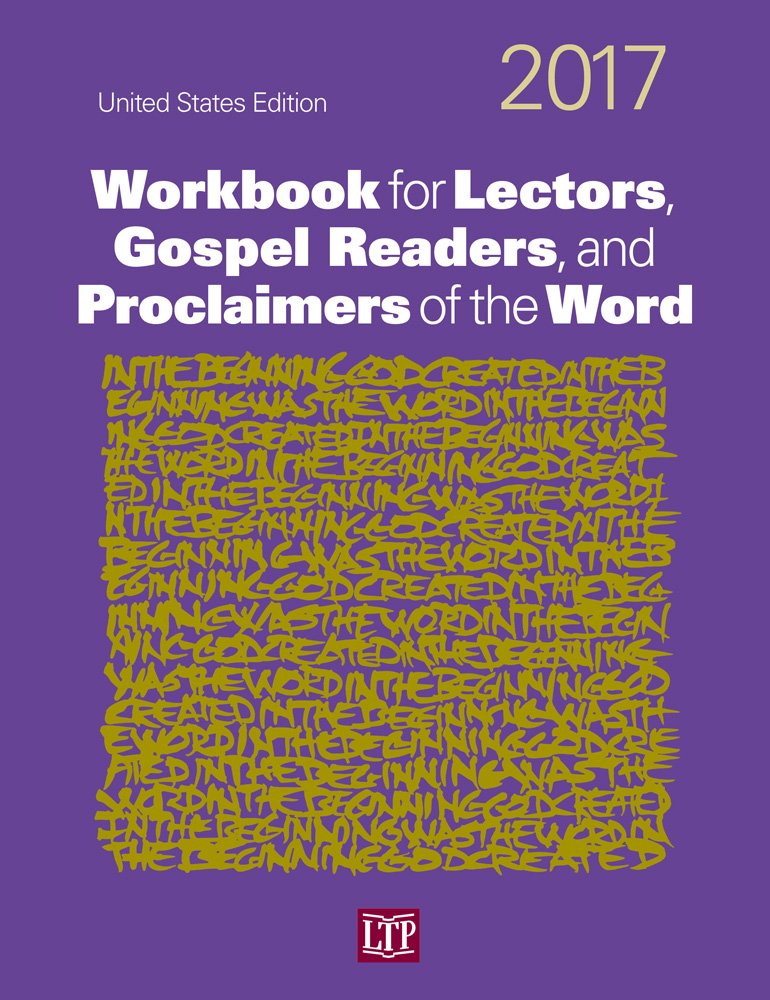In last Sunday’s Gospel, Jesus told the parable about the wedding guests and how one was thrown out because he wasn’t wearing appropriate attire.
But when the king came in to meet the guests,
he saw a man there not dressed in a wedding garment.
The king said to him, ‘My friend, how is it
that you came in here without a wedding garment?’
But he was reduced to silence.
Then the king said to his attendants, ‘Bind his hands and feet,
and cast him into the darkness outside,
where there will be wailing and grinding of teeth.’
For a long time, this part of the parable troubled me. I always felt bad for the guest who showed up only to be tossed out for not wearing the appropriate attire. Here was a king, desperate to have people attend his wedding banquet after the invited guests turned him down. And so someone, maybe out of a sense of pity, agreed to come only to be humiliated and thrown out. Hadn’t the king ever heard the saying, “beggars can’t be choosers?” What did he expect by going out and inviting random people to his banquet?
Like Jesus’ other parables, this one isn’t supposed to be taken literally. It’s not a lesson on the etiquette of first-century wedding attire. Similar to the parable of the workers in the field, Jesus is using a simile about God and Heaven. Like any comparison, it’s not going to line up exactly. It’s the overall message and lesson being taught that is important, not the details used for illustration.
The point Jesus made in this parable was that God invites everyone to His Heavenly Kingdom. But that doesn’t mean we can act however we want and He has to accept us. Let’s look at this parable from a different point of view. Maybe the person without the garment wasn’t someone who could not afford one and maybe he wasn’t driven by pity to attend the banquet. Maybe he figured that because the king was asking everyone, he wouldn’t care how people came. Maybe, it was out of laziness that this person came to the banquet not attempting to make himself presentable. Basically, he was being what we would call a freeloader — someone looking to score a free meal.
I think that is the point of the parable — God won’t accept freeloaders in Heaven. While He desires all of us to be with Him in Heaven, we have to truly want to be there too. And if we want something, we have to work towards it. We can’t be lazy, selfish, or self-entitled. God made the rules quite clear through the 10 Commandments and Jesus’ teachings. Much like how people are expected to know the proper attire for a wedding banquet, we are expected to know and follow God’s laws for entering Heaven.
Preparation in the Rosary
Think about the Third Luminous Mystery, Jesus’ Proclamation of the Kingdom of Heaven and His Call to Conversion. We can think of conversion as us putting on the proper banquet attire and following proper etiquette. Our conversion is us taking off our worldly desires and sinful behavior so that we can appropriately sit at God’s banquet table in Heaven. We should be so excited about that prospect that we prepare ourselves here in this earthly life.
Praying the Rosary and meditating on the mysteries is about preparation. I forget who said it, but there’s a piece of wisdom that says, “if you don’t prepare for all possible circumstances, you haven’t prepared at all.” Well, death and judgment isn’t just a possible circumstance, it’s a certainty. Maybe the person in the parable without the wedding garment had one, but it was dirty. Or maybe he lost it. Whatever the case, he wasn’t prepared when the king invited him to the banquet. Ask yourself, are you prepared to attend God’s heavenly feast? Or are you still clinging to your worldly garments?
I like to pray for those who are close to death and judgment when I pray the Second Glorious Mystery. Jesus ascended into Heaven to make a place for each of us. He is the king making room at the banquet. However, many are not prepared. I pray for those in danger of being thrown out of the heavenly feast because they came before God not adequately “dressed.” Or some may need to wait a long time in Purgatory before being allowed to sit at God’s table. Pray for everyone close to death, especially those who don’t know it because maybe God will call on them suddenly and without warning. Pray that those who need it most receive the Sacrament of Reconciliation and that we all make an effort towards conversion. Let’s all have our Heavenly wedding attire close at hand.

